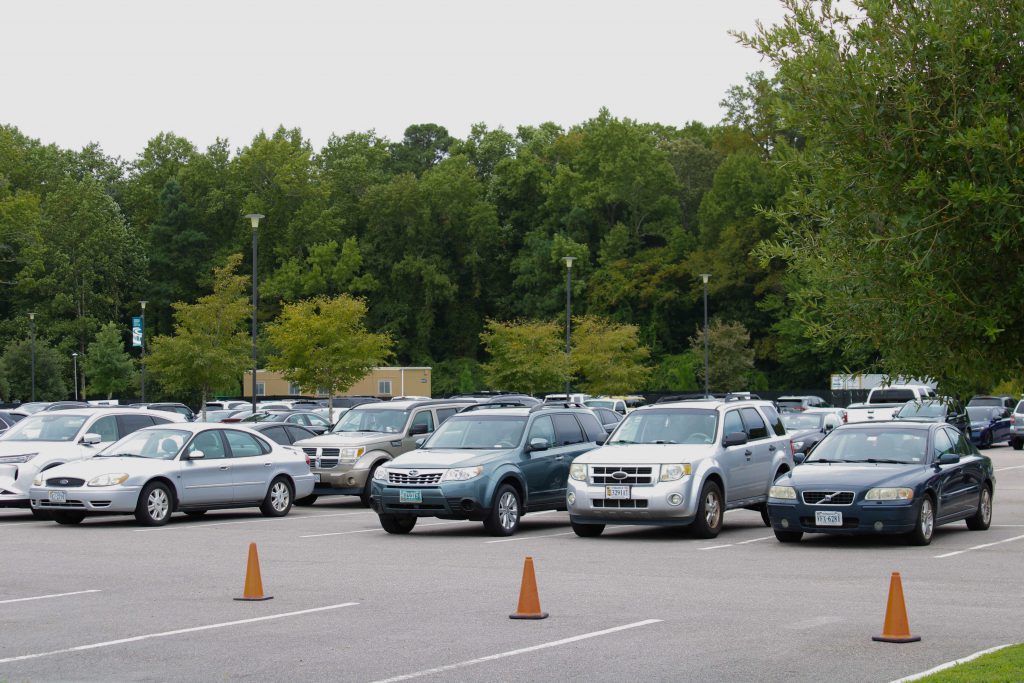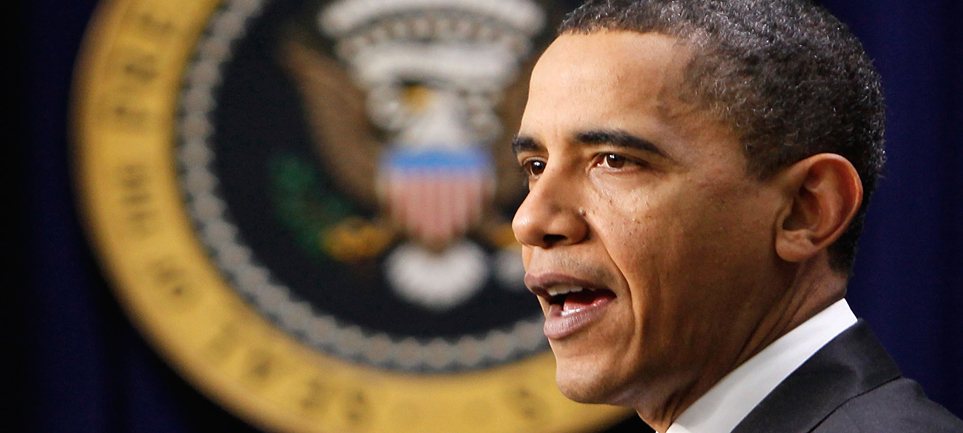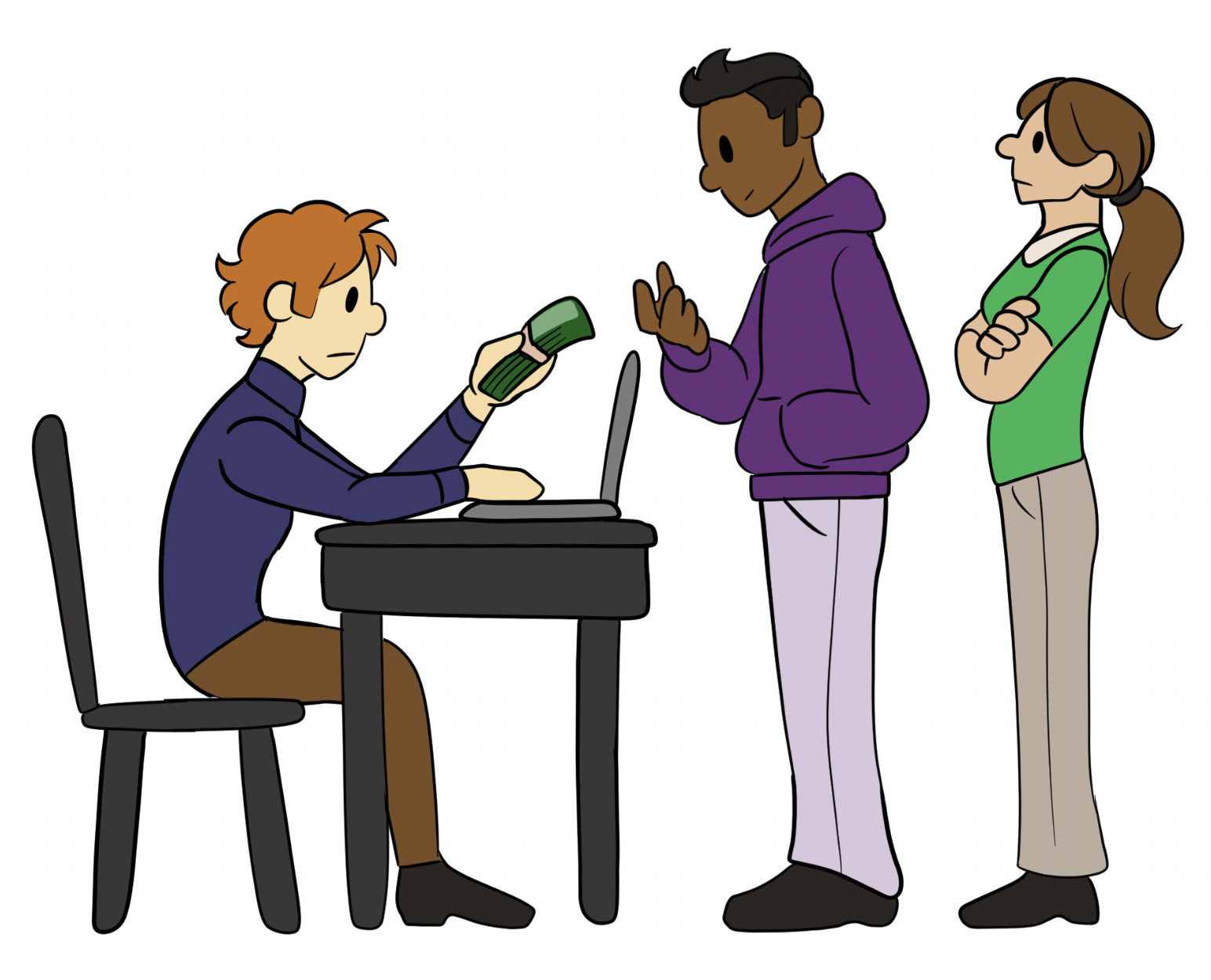As students returned for the fall semester, the entire campus was hoping that studying abroad would again be a reality. While options may still be limited, students can look forward to the return of immersive experiences through the Lighthouse, especially in the upcoming January Term and Spring semester.
This January Term, Dr. Diana Risk and Dr. Joyce Easter will be taking a group of students to Ecuador for two weeks to learn about the diversity and sustainability of the region. As the trip is centered on the environment, much of the course will be outside, so it is “ideally suited to keep students healthy,” Dr. Risk commented. She also stressed that the activities were planned with COVID-19 accommodations in mind and that the professionals in Ecuador are very helpful in ensuring a “safe and pleasant experience.”
In a joint email, Dr. Risk and Dr. Easter stated that they hope that the students leave the trip with a better understanding of the “relation between cultural and biological diversity.” Ecuador is a country rich in history and resources, and the indigenous cultures that live there will offer students a way of understanding the environment that isn’t available in a classroom.
While on the trip, students will be able to see the volcanic landscape of central Ecuador, the highlands and the coastal region. Aside from all that, Dr. Risk and Dr. Easter stated that the “visit to the Galapagos archipelago will be uniquely memorable for everyone.”
During the spring semester, Dr. Terry Lindvall will be taking students to Oxford, England for nine days for the Travel in Humanities course. The experience has been offered for the past decade, with variations each time. This year, some variations will include the necessary precautions for COVID-19. While the trip is open for registration to anyone, the course is designed for “those who love to read and talk and walk and talk some more,” Lindvall said.
The topics of study will include the literature of writers such as Dorothy Sayers, J. R. R. Tolkien, C. S. Lewis and Charles Williams. Students will learn about the beginnings of the literary and aesthetic movements of the Inklings and the Pre-Raphaelites.
During the course of the trip, students will visit many places, including the Globe Theater, Christ Church College, the home of C.S. Lewis and the Bodleian library. To explain the trip, Lindvall quoted C.S. Lewis, saying that “the task of education, as Lewis saw it, was not to cut down jungles, but to irrigate the deserts of imagination,” something which studying abroad does well.
In April, Dr. Bryson Mortensen will be running the Applied Music 211 course where students in the Virginia Wesleyan choirs will be able to travel to New York City to sing at Carnegie Hall. Among hundreds of other singers, the students will perform Vivaldi’s Gloria. Outside of that, students will be able to explore the city and attend other performances.
Despite COVID-19 becoming less of a threat across the world, the precautions taken and the delay for certain trips has all been because of Virginia Wesleyan’s care to keep students safe as they travel.
By Rhian Tramontana
rjtramontana@vwu.edu



